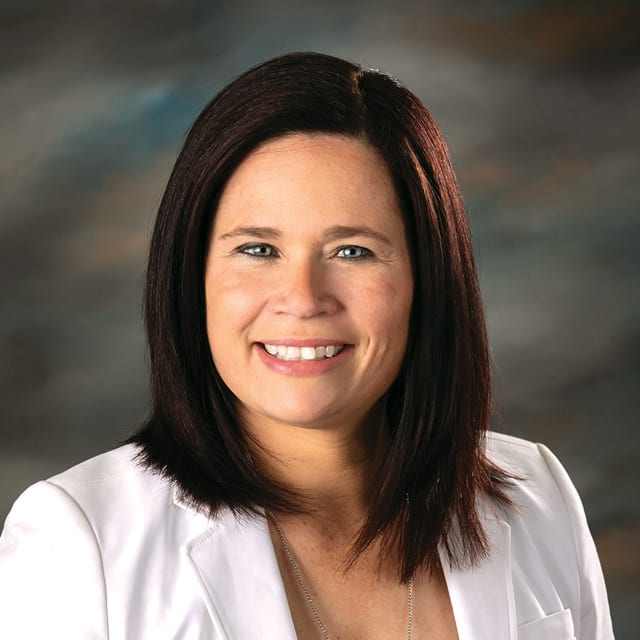One of the most common mental health issues facing older adults today, depression is more than just “the blues.” Fortunately, it’s treatable.
What Is Depression?
When most people think about depression, they picture a condition in which people are always sad or “blue.” However, some people who are depressed may not experience an unhappy mood at all. According to the DSM-5, a manual used to diagnose mental disorders, depression occurs when you have at least five of the following symptoms for at least two weeks: a depressed mood during most of the day, fatigue or loss of energy, feelings of worthlessness or guilt, impaired concentration or indecisiveness, sleeplessness or excessive sleeping, little to no interest or pleasure in activities, recurring thoughts of death or suicide, a sense of restlessness or being slowed down, and significant weight loss or weight gain.
What Contributes to Depression in Older Adults?
As adults age, physical decline and situational changes can significantly affect mood. Limited mobility, chronic pain, frailty, and other physical problems, as well as loss of the ability to live independently, growing isolation, or the death of a loved one, may contribute to depression. Some may feel a growing sense of purposelessness as they reach retirement age, or as physical challenges prevent them from leading the active lives they once lived.
Unfortunately, depression in older adults is often overlooked because symptoms are dismissed as a “normal” response to illness or life changes. Additionally, older adults typically don’t demonstrate as much overt sadness as you might see in a younger adult. Rather, symptoms often look like withdrawal, apathy, hopelessness, loss of appetite, and loss of interest.
How Can I Help Myself If I Am Depressed?
If you think you or a loved one may be depressed, see a doctor or mental health professional for a diagnosis. Don’t let the stigma surrounding mental health problems hold you back. No one should continue to suffer in silence when proven treatment strategies – such as antidepressant medications, psychotherapy, or a combination of the two – can alleviate symptoms and improve quality of life.
Finding the right treatment may take time. Be patient and compassionate with yourself. Just as depression has no single cause, no one treatment works for everyone. In the meantime, talk to trusted friends and family about how you’ve been feeling.


